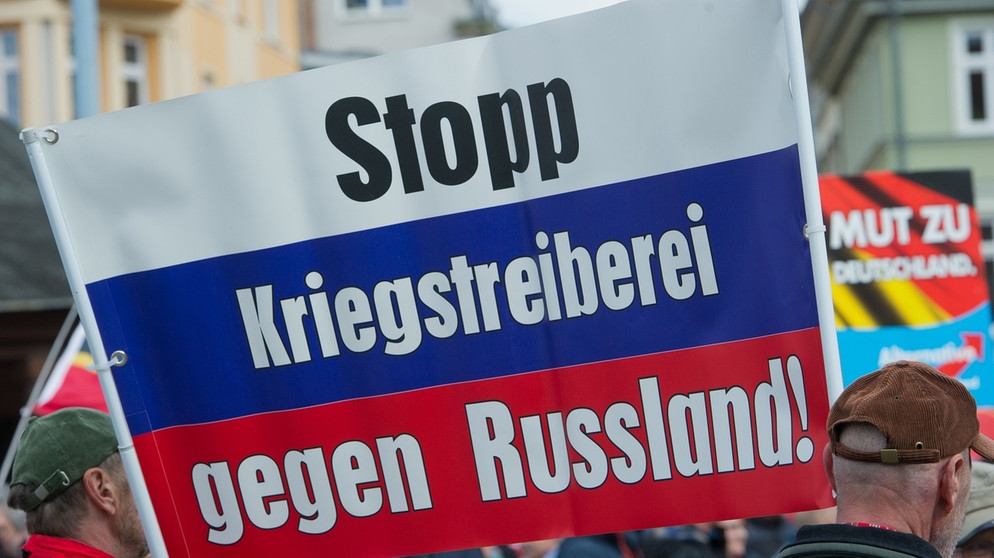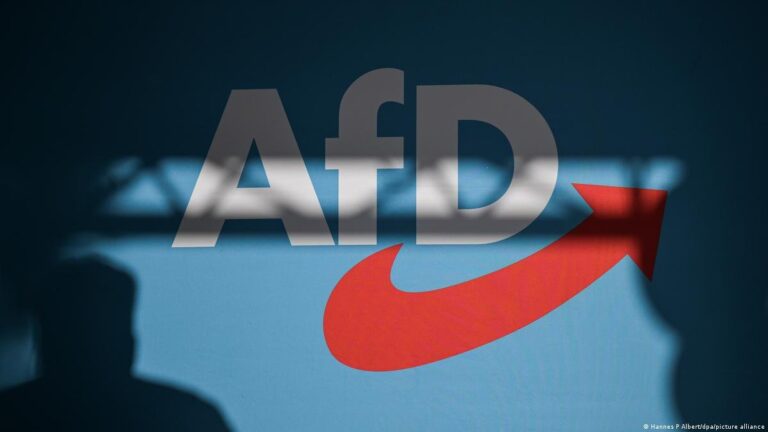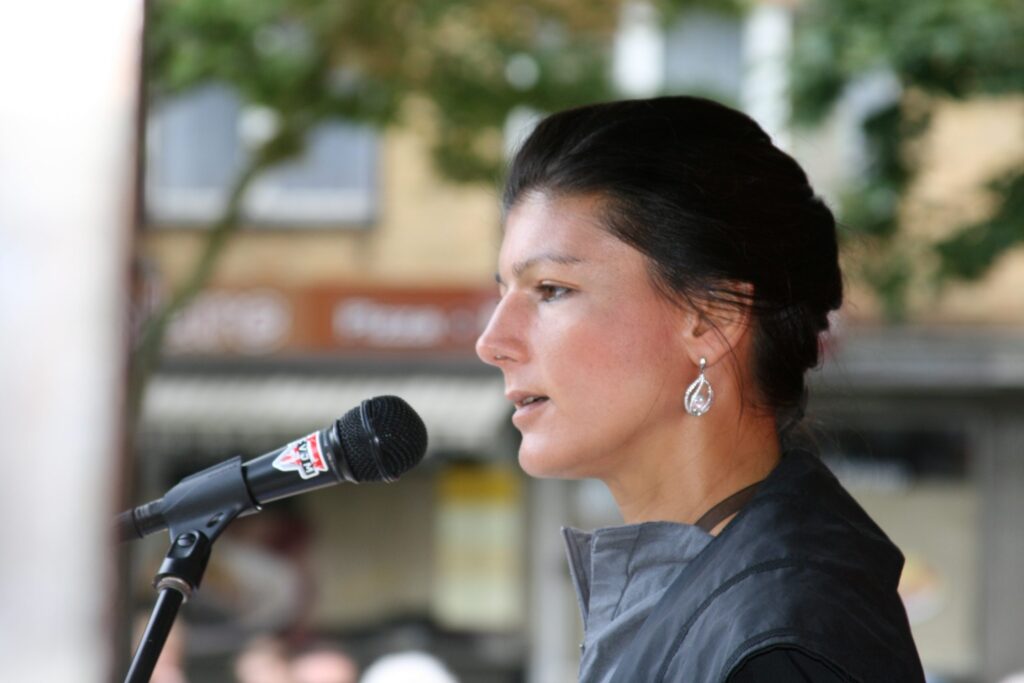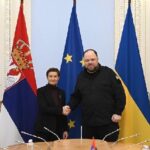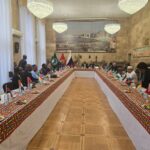Divisions inside the German party Alternative for Germany (AfD) over relations with Russia have caused alarm in Moscow: the Kremlin is following with concern the conflict between the party’s co-chairs, Alice Weidel and Tino Chrupalla.
The tension between the co-chairs was triggered by Weidel’s reaction to a planned trip by AfD lawmakers to Russia and her doubts about the usefulness of such visits.
AfD Bundestag members Steffen Kotré and Rainer Rothfuß, the head of AfD in Saxony Jörg Urban, and AfD MEP Hans Neuhoff planned to attend the international symposium “BRICS–Europe” to be held in Sochi on 14–15 November 2025.
Chrupalla, in contrast, stressed on the Markus Lanz program that German politicians “must maintain dialogue with Russia” and shrugged off Putin’s threats to use nuclear weapons.
Russian media interpreted this as a split within the leadership of the AfD that could weaken its political position.
The Kremlin, in particular, fears that the AfD might “shift toward the conservative center” and soften its pro-Russian line — especially after the decline in support for another pro-Russian force, Sahra Wagenknecht’s party.
Inside the AfD, two camps are competing:
- one demands “rapprochement with Moscow for economic benefit,”
- the other favors distancing from the Kremlin.
Alternative for Germany (AfD) is an ultraright populist party that has been represented in the Bundestag since 2017. In the February 2025 Bundestag elections, it placed second with over 21% of the vote, securing 152 seats and becoming the main opposition force in Germany’s parliament.
The party positions itself against the political mainstream, criticizes migration policy, European integration, and the green transition. Its electoral base is concentrated mainly in eastern German states, where it often wins local elections.
The planned participation of AfD deputies in the “BRICS–Europe” symposium in Sochi has an obvious political meaning despite being presented as an academic event. Their presence would serve as an instrument to legitimize Russian foreign policy, something Moscow actively uses for propaganda.
CSU General Secretary Martin Huber accused the AfD of treason:
“AfD deputies have repeatedly demonstrated open sympathy for Russia, including calls to lift sanctions, recognize Crimea as Russian, and criticism of arms supplies to Ukraine. Such positions raise suspicions of possible political influence from Moscow — especially in the context of Russia’s hybrid war against the West and Germany in particular. In German political circles, there is a view that AfD serves as an instrument of Russia’s hybrid warfare against Europe.”
At the end of October, Thuringia’s Interior Minister Georg Maier accused the AfD of potentially abusing the parliamentary inquiry mechanism to collect sensitive information that could be used in Russia’s interests.
Since the beginning of the year, the AfD faction in the Thuringia Landtag submitted around 50 detailed inquiries about critical infrastructure, including military transport routes, police operations, and water-supply systems. Members of the governing coalition believe this activity creates risks of data leaks and could be used by Moscow as a tool of hybrid influence.
Germany’s Federal Office for the Protection of the Constitution (BfV) has for years classified several AfD regional branches as suspected extremist. In 2024, the BfV officially designated the entire party as a right-wing extremist organization subject to surveillance. This status significantly limits AfD’s ability to form coalitions and deepens its isolation in German politics. The party is challenging this decision in court.
It is unlikely that Weidel has completely abandoned her sympathies toward Russia. Rather, she opposes the Moscow trip because she understands such contacts only deepen suspicions that the AfD is spying for the Kremlin. Against the backdrop of accusations that AfD deputies collect sensitive information potentially useful to Russian intelligence, Weidel seeks to minimize reputational risks for the party.
The disagreement between Alice Weidel and Tino Chrupalla over the trip to Russia alarmed the Kremlin, which fears losing influence over the German ultraright. Moscow is concerned that internal conflict could push the AfD to partially abandon its pro-Russian course and move toward a more moderate conservative center.
The AfD “readily allows Putin to use it for ‘betrayal.’” AfD “harms Germany, consciously acting as a mouthpiece for dictators and spreading their narratives in society and parliaments.”
A sociological poll published in early October showed the AfD has support at the level of 26%, making it the leading political force in Germany. At the same time, while the AfD maintains stable ratings, parties of the governing coalition — CDU/CSU and SPD — are losing support at record speed.
The party’s rhetoric frequently overlaps with Kremlin narratives. The AfD consistently opposes military, financial, and political support for Ukraine, calling instead for “immediate negotiations” with Russia.
AfD representatives publicly question Russia’s responsibility for the aggression, repeating propaganda claims about “NATO provocations” and “protection of Russian speakers.” Such positions weaken Germany’s stance and European unity.
AfD representatives have repeatedly been suspected of ties to the Kremlin.
For example, MEP Petr Bystron, formerly in the party leadership, is under investigation for receiving money from Voice of Europe, a platform controlled by Viktor Medvedchuk, a pro-Russian Ukrainian politician and close associate of Putin. If the accusations are confirmed, this would be an unprecedented case of direct foreign penetration into German parliamentary structures. The situation is already forcing Berlin to drastically strengthen parliamentary oversight and limit deputies’ access to sensitive information.
The scandal surrounding the AfD further confirms Russia’s long-term strategy of destabilizing Western democracies. Using pro-Russian political forces as “Trojan horses” allows Moscow to influence public sentiment, acquire sensitive information, and legitimize its narratives through parliamentary channels.
The exposure of such ties harms Russia itself, undermining trust in any European politicians who advocate “dialogue with the Kremlin.”
The investigation into the AfD could become a catalyst for further cooling of German-Russian relations, already at their lowest point since 2022. For Berlin, this will be a reason to further restrict contacts with Russian entities and tighten control over information campaigns and financial flows linked to Moscow.
- However, The AfD remains electorally strong — for example, it achieved about 20.8 % in the 2025 German federal election, positioning it as the second-largest party
- The party has retained its pro-Russia or Russia-sympathetic foreign-policy positions (opposition to sanctions, scepticism of Ukraine support) and still maintains contacts with Russia
- There is growing institutional push-back: The German domestic intelligence agency (Federal Office for the Protection of the Constitution, BfV) has classified AfD as an extremist organisation.
Signs of potential fragility or shifts
- While the AfD’s electoral numbers remain robust, they appear concentrated in eastern German states; in western Germany their support is notably weaker.
- Analysis suggests the AfD may have “reached its potential” in certain regions, meaning further growth may be difficult without new issues or shifts
- Its connection to Russia may increasingly serve as a vulnerability rather than an asset in the broader German public sphere, especially as German public opinion over the Ukraine war and Russia hardens.
Assessment: Is there a decline in popularity or in Russia-tie advantage?
- Popularity decline? Not currently in a major way. The AfD is not visibly collapsing or losing mass support; if anything it remains stable or increasing in its core base.
- Russia‐tie disadvantage? the pro-Russia positioning is becoming more of an obstacle than a bridge for the AfD in the broader German political mainstream, and may limit their ability to expand beyond core voters.
- Institutional risk high: The extremist classification raises long-term risk for AfD’s legitimacy, fund-raising, access and coalitions.
Implications for Russia’s influence and German politics
- Russia’s outreach via sympathetic parties like AfD remains viable, but the leverage is constrained because AfD remains isolated by mainstream parties.
- If public opinion shifts further against Russia (continuing Ukraine war, energy crisis), the AfD’s Russia ties may become a drag.
- Germany’s democratic resilience (strong institutions, electoral pluralism) constrains the off-ramp for extremist, pro-Russia politics.
- For Russia: AfD remains a potential channel, but one with limited room for manoeuvre unless AfD moderates its Russia ties or mainstream Germans shift further right.
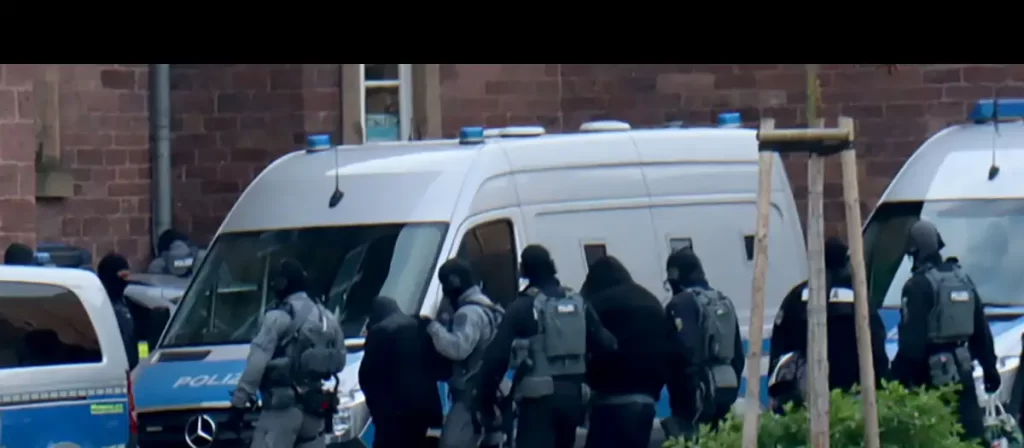
More on this story: Russian Hybrid Operations and the Threat of Extremist Convergence in Germany
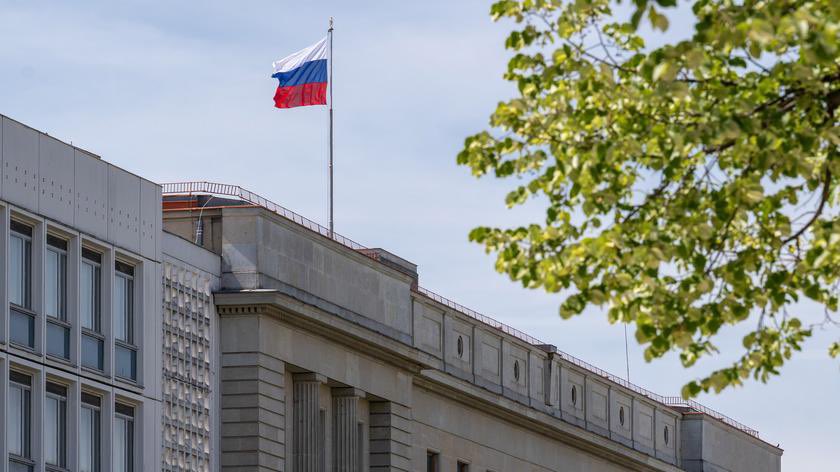
More on this story: Rising Russian Espionage Activity in Germany: Timing, Tactics, and Threats
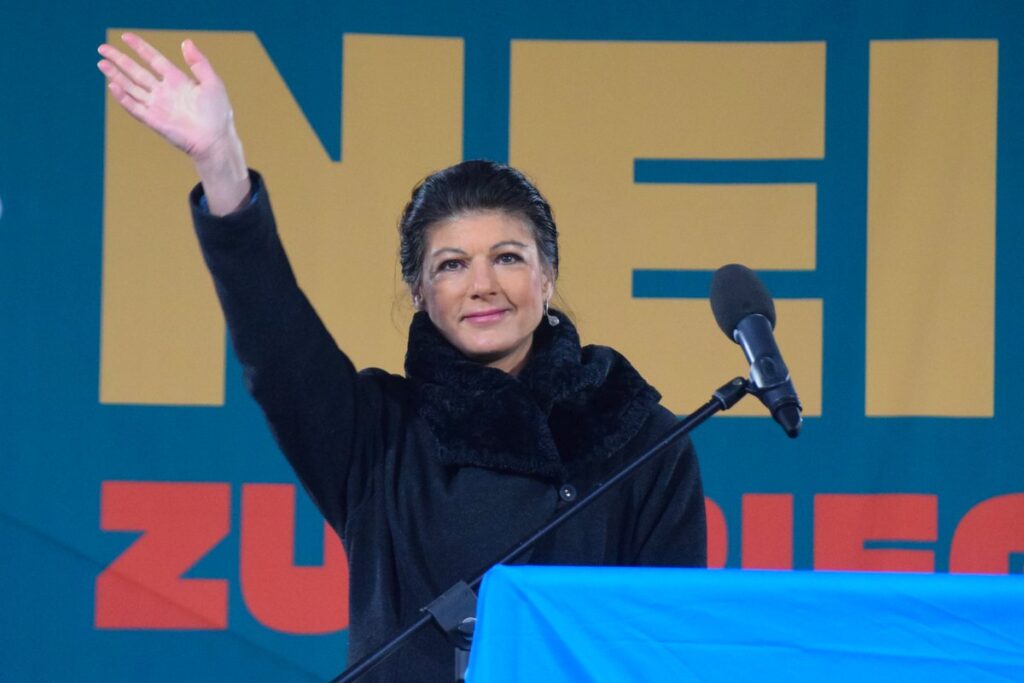
More on this story: Kremlin Maneuvers Stasi Agents into Power in Germany
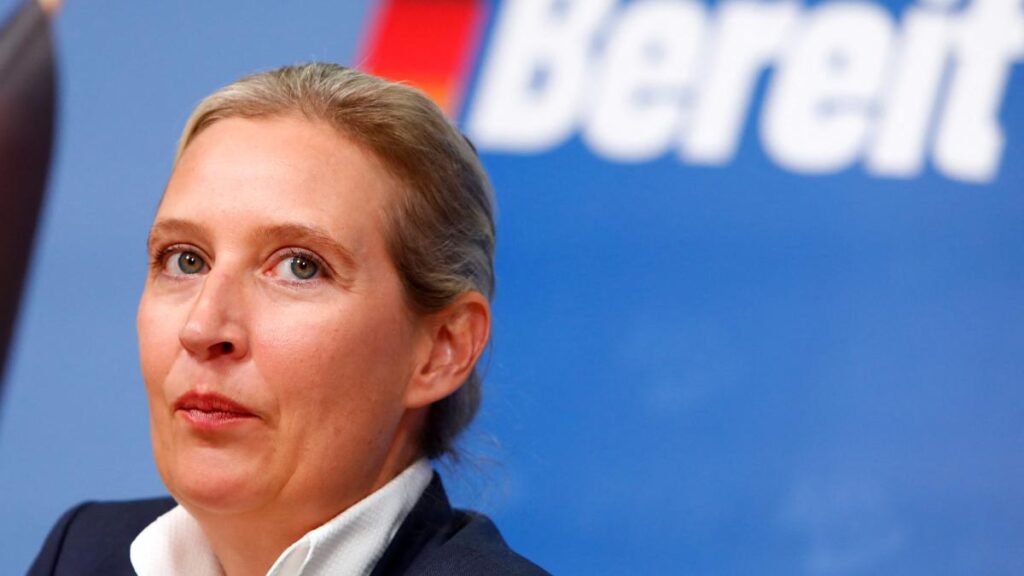
More on this story: Kremlin to use Germany for EU breakup
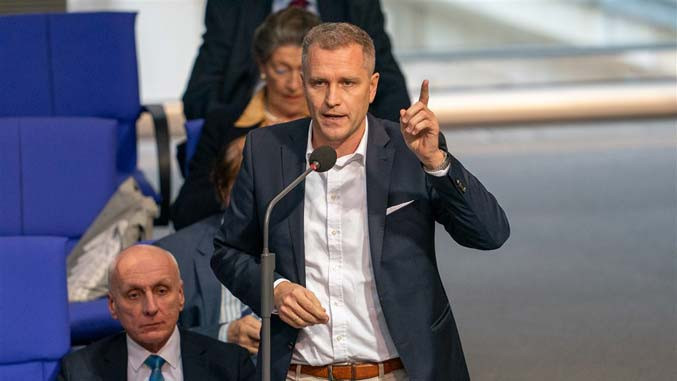
More on this story: Russia launching massive election meddling operation in Germany

More on this story: Russia prepares for fake news campaign involving AfG
